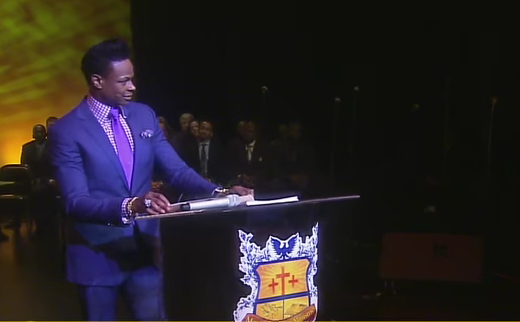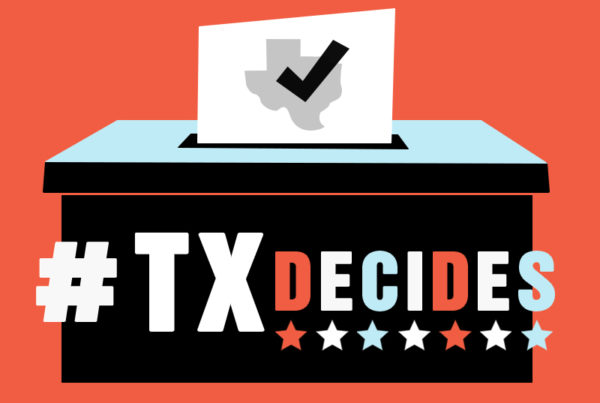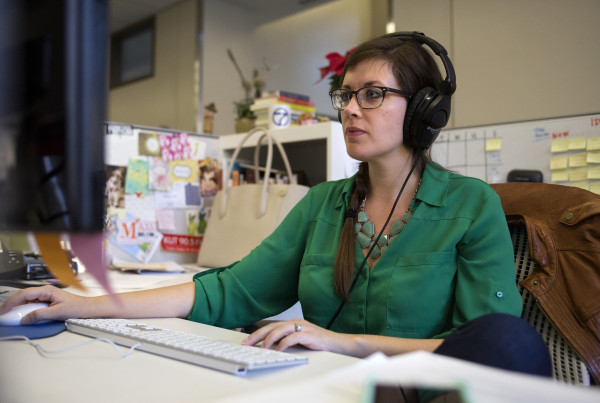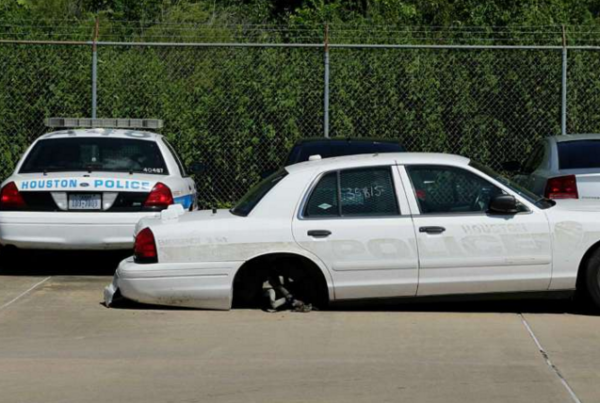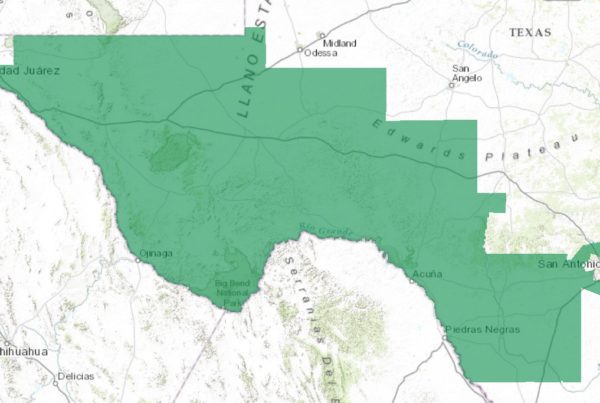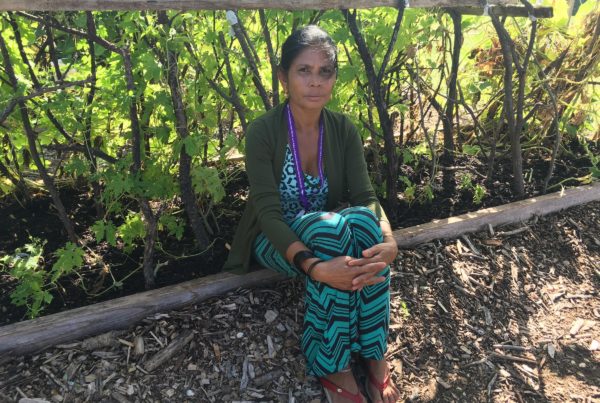This story originally aired and published on Sept. 19, 2016.
A couple weeks ago, I got this call from a number with a Dallas area code:
“Hello. This is St. Mary’s Prayer Center Ministry calling today to see if you need urgent prayer. If you would like to have someone from our center pray for you, please press 1. If you would no longer like to hear from us, please press 3.”
I pressed one. A few days later I got another automated call. I wasn’t recording at the time, but the voice on the other end of the line said someone would indeed pray for me – and asked for a monetary donation. I hung up.
After a little Googling, it seemed lots of people received the same call, with the same solicitation.
Then, I got another call.
The struggle is over! The struggle is over in your finances, in your household, even in your body, even in your relationship. The struggle – every setback, is about to turn into a setup!
After about seven minutes of this, the recording got down to business.
I want you now to step out with that seed, representing it shall come to pass. That $47 seed, that $147, that $30 seed adding the 47 cents…. Please hold as I connect you to my blessed, prayerful operator now.
A call center operator who said she was from the Philippines asked how much I’d like to donate. I gave $1.47. My idea was to see the organization’s name show up on my bank statement to get more information, but that plan failed. It showed up as a PayPal transaction.
But I didn’t have to look to hard to find out who made the call. It came from Manasseh Jordan Ministries, an organization based in New York and run by a man who calls himself Prophet Manasseh Jordan. He has tons of videos on YouTube – a young guy, sharp dresser – of his preachings and healings.
I reached out to Manasseh Jordan Ministries for comment on this story. They didn’t return any of my calls or emails. But I’m not the only person getting these calls. Not by a long shot. Dozens of people have sued the group over the calls. Each case has either settled out of court and sealed or is still pending.
Sam Meyler, a consumer advocacy lawyer with an office in Austin, represents about 75 clients who are suing Manasseh Jordan Ministries. Most of his clients are from Texas.
“Part of the reason it’s such a pervasive problem is because of the systems that they are using,” Meyler says. “It’s not an individual that’s sitting there in some office in a church. It’s nothing like that. You’ve got some kind of equipment, technology that is being used to autodial people – hundreds, thousands, in a very short period of time.”
Some of Meyler’s clients have received just a few calls, others got over 100. The lawsuits filed against Jordan’s ministry say the calls violate the Telephone Consumer Protection Act. It’s a law designed to protect people from invasive calls, including computerized and autodialed calls.
Clients started bringing these cases to Meyler a little over a year ago. But even though the calls may be fairly new, direct solicitations from religious groups are not.
“In the 1980s, there were quite a few religious organizations around the country that were using direct mail to send out notices that they were caring for the spiritual lives of people, and they’d like to care for you,” says Quentin Schultze, a professor of communication emeritus at Calvin College.
Schultze, who studied televangelists, says the letters would tell people to send in money or a coupon for further blessings, and this back and forth exchange would start. Schultze says this kind of direct outreach is really effective with some people.
“There are enough hurting people out there spiritually that if you can reach them inexpensively and they will find some people who will respond positively, and it doesn’t take a lot to make it profitable,” he says. “All kinds of different people, every walk of life. And I think what it really comes down to more than anything else is the psychological and spiritual condition of the people who receive the messages. If they are in a vulnerable state, let’s say they’ve lost someone recently, they’re much more likely to get involved.”
But there are also other consequences.
You may remember that the first organization I heard from was called St. Mary’s Prayer Center. Some people who received the same call were confused or unhappy about it. So they called St. Mary’s to give them a piece of their mind. Problem is, St. Mary’s is a pretty common name for a Christian institution.
Churches like St. Mary’s Cathedral in Amarillo and the St. Mary’s Catholic Center in College Station got an earful. Marcel Lejeune, associate director of campus ministry at St. Mary’s in College Station, says pay-to-pray services trouble him. He says his ministry regularly calls supporters and he’s worried that some of those folks will confuse the robocalls with his calls.
“The problem with a pay-to-pray is there’s an exchange, almost like a market of spiritual goods,” Lejeune says, “and that’s not the way it should happen. We have a large campus ministry, we rely on these donations. We have to have good relationships with them, and we take prayer requests, even.”
Lejeune says if the calls persist, he may look into taking legal action.


